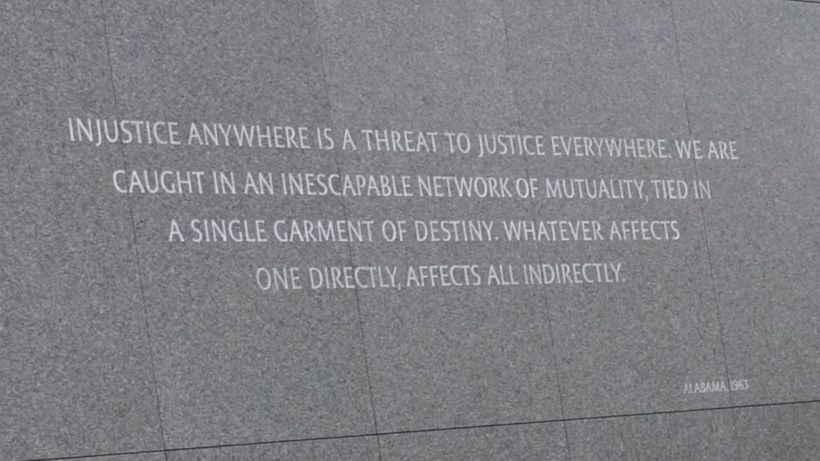Some sections of the Torah are more challenging to interpret than others. For many people, these tend to be the parts with a lot of death and destruction. In this week’s portion in particular, we have the final plagues, including the angel of death taking the firstborn. However, it’s not the violence I struggle with, but the way these moments bring up the question of free will. Specifically, does God intend for human beings to have it, and more importantly, to act on it?

This week we read Parshat Bo, which details the Exodus from Egypt. The Israelites are a traveling people, and in Parshat Bo the Israelites are steps away from leaving Egypt. Pharaoh refuses several more times to allow the Israelites to leave, and each of the three refusals brings with it one of the three final plagues. The narrative continues with the procedures for leaving Egypt, including putting lamb’s blood on the doorpost, packing up, and then in future generations, recreating these events by celebrating what we now call Passover.
For me, the puzzling question in this text concerns the scope of the final plague: even the firstborn of the Egyptian slaves would be killed. By definition, a slave has no say one way or the other in the freedom of the Israelites. If these are the indentured servants to Pharoah, why would God also punish them?
We read quite a bit about God manipulating situations. As we see over and over again, God interferes plenty, but rarely when it comes to free will. God offers opportunities for human beings to do the right thing when they can. Did the non-Hebrew slaves choose to become slaves? Not likely. However, when they saw the outcry of the Israelites, they could have chosen to join forces with the Israelites and others who were oppressed to fight for a better future.
This week our nation honored the contributions of civil rights leader Dr. Martin Luther King, Jr. In the letter he wrote from the Birmingham city jail in 1963, Dr. King said: “Injustice anywhere is a threat to justice everywhere. We are caught in an inescapable network of mutuality, tied in a single garment of destiny. Whatever affects one directly, affects all indirectly.” Free will plays a role all throughout the Torah, but it’s especially evident when individuals rise up against injustice. Today too there are bystanders and upstanders, and the upstanders are the ones who know we’re in this together.



